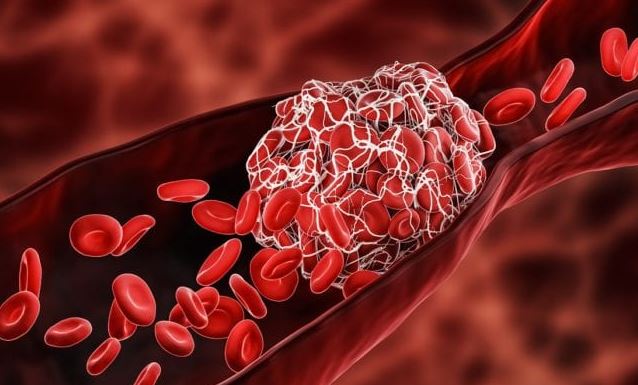
Americans who will be vaccinated for COVID-19 will receive a record card to ensure they get the required two doses. Health officials said the record card will serve as a reminder for the next dose and when it should be administered. The order comes amid the Food and Drug Administration (FDA) review of two potential Wuhan coronavirus vaccines for emergency use approval (EUA), which require two doses to work.
The vaccines are part of Operation Warp Speed, an effort by President Donald Trump's administration to fast-track the development of a jab against the pandemic.
Army. Gen. Gustave Perna, who serves as Operation Warp Speed chief operating officer, said during a Dec. 2 briefing: "We've set up everything [in] a draconian process … [including] paper cards to be filled out and … given to the individuals, reminding them of their next vaccine due date." The general added that people who receive the cards should take a picture of these or keep them in their wallets.
Operation Warp Speed chief adviser Dr. Moncef Slaoui added that it will be "very important" for Americans receiving any coronavirus vaccine to have their first vaccine dose and return three or four weeks later for the second dose – completing the immunization schedule.
Meanwhile, Immunization Action Coalition Associate Director Dr. Kelly Moore said vaccination cards will be used as the "simplest" way to keep track of COVID-19 immunizations. "Everyone will be issued a written card that they can put in their wallet that will tell them what [dose] they had and when their next dose is due. Let's do the simple, easy thing first. Everyone's going to get that."
Moore added that many places are planning to ask patients to provide their mobile phone numbers so they can be texted when and where they will receive their next COVID-19 shot.
Based on Johns Hopkins University data, the U.S. currently has a 14 million COVID-19 caseload with 5.4 million recoveries and 276,383 deaths.
The record cards are one step closer to making vaccinations mandatory
The FDA is scheduled to review the EUA application by drugmaker Pfizer and German company BioNTech on Dec. 10, while the regulator will review Texas-based firm Moderna's EUA application Dec. 17. Both pharmaceutical firms have touted their vaccines' more than 90 percent efficacy rates.
Back in June, FDA Commissioner Dr. Stephen Hahn said his agency would approve a vaccine candidate if it showed at least 50 percent efficacy rate. He added: "While the FDA is committed to expediting this work, we will not cut corners in our decisions and are making clear through this guidance what data should be submitted to meet our regulatory standards."
Any vaccine candidate the FDA approves will then be distributed to the American people "within 24 hours," Perna said during the Dec. 2 press briefing. Officials said they expect to roll out 20 million doses in December, 60 million doses in January and 100 million doses by February next year. (Related: CDC asks governors to fast-track permits for coronavirus vaccine distribution.)
The record cards appear to be in line with moves by businesses requiring customers to prove they were vaccinated before being served. A number of companies are planning to adapt or outright implement such measures, including events company Ticketmaster and Australian flag carrier Qantas.
The Chicago Tribune reported last month that Ticketmaster is considering making concert attendees show proof that they received a COVID-19 jab before they are allowed to enter a concert. A negative COVID-19 test done 24 to 72 hours before the event can be provided in lieu of a vaccination record. The Tribune's report said the plan aimed to avoid onsite rapid testing for thousands of concert attendees.
Meanwhile, Qantas CEO Alan Joyce said that passengers would need to prove their vaccination, adding that mandatory vaccination will be "a common theme across the board." During an interview in the Nine television program A Current Affair, Joyce explained that a coronavirus vaccine may not be necessary for domestic air travel, but it would be a must for international flights to and from the country.
Joyce added that compulsory vaccination will likely become a new reality for international travelers and that airlines and governments across the globe are working on a "passport" to show the vaccines travelers have received. (Related: Mark of the beast? UN rolls out biometric digital ID wallet and passport.)
Vaccines.news gives you the latest about the race to create a vaccine against the coronavirus pandemic.
Sources include:
Please contact us for more information.




















